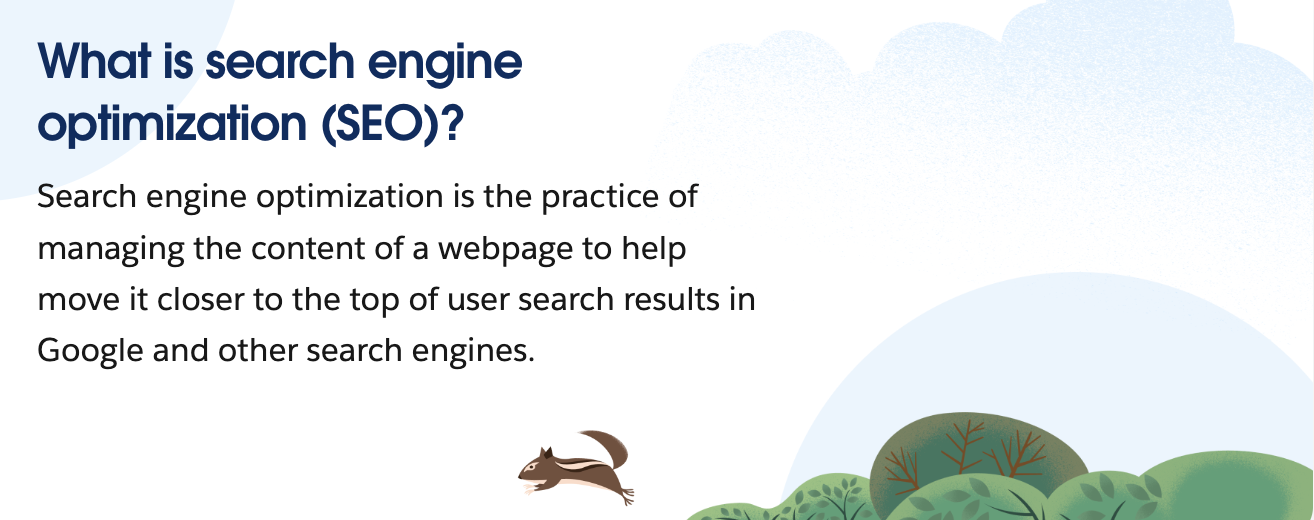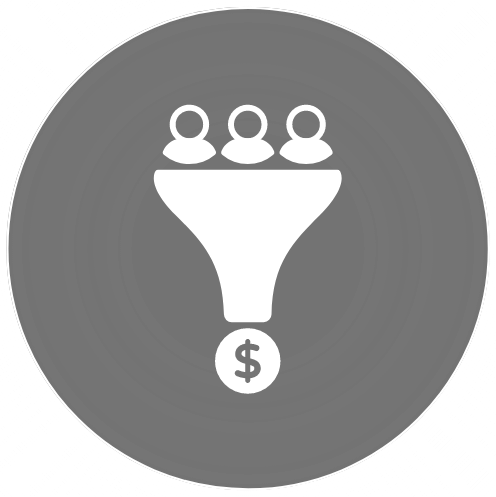Let’s start with an unpopular statement: marketing is as misunderstood as important. SaaS companies, especially, need well-thought marketing strategies to stand out from the crowd and attract potential customers. With the increasing popularity of Software-as-a-Service (SaaS) solutions, it is crucial for companies to understand the importance of effective marketing tactics to maximize their success. Competition is fearsome. Those who rest on their laurels end washed-up by the competitive landscape. This article will explore five proven marketing strategies for SaaS companies to avoid being displaced by the competence.
Understanding the Importance of SaaS Marketing
Traditionally, businesses had to invest in expensive hardware and software licenses to run their operations. This not only required a significant upfront investment but also involved ongoing maintenance costs. With SaaS, companies can access software applications over the internet, paying only for what they use on a subscription basis. This model offers numerous benefits such as scalability, cost-effectiveness, and accessibility, making it a popular choice among businesses of all sizes.
One of the key advantages of SaaS is its scalability. Companies can easily scale up or down their software usage based on their needs. This flexibility allows businesses to adapt quickly to changing market conditions and avoid the risk of being stuck with outdated software that no longer meets their requirements.
Besides scalability, SaaS also offers cost-effectiveness. By eliminating the need for complex installations and costly infrastructure, businesses can significantly reduce their IT expenses. With SaaS, companies can avoid the upfront costs associated with purchasing hardware and software licenses, as well as the ongoing maintenance and upgrade costs.
SaaS also provides accessibility, allowing users to access their software applications from anywhere, at any time, as long as they have an internet connection. This level of accessibility enables remote work, collaboration across different locations, and real-time access to critical business data.
The question, then, is: How can SaaS companies take advantage of the industry momentum? How could they improve their marketing efforts to reach more customers and close more deals?
Strategy 1: Implementing a Strong Content Marketing Plan
Content marketing is a powerful tool for SaaS businesses to showcase their expertise and attract their target audience. Quality content not only helps build brand awareness but also establishes trust and credibility with potential customers.
The Power of Quality Content
High-quality content is the cornerstone of an effective SaaS marketing strategy. It enables you to provide valuable information to your audience and position yourself as an industry leader. Whether it's blog posts, whitepapers, or eBooks, creating compelling content that addresses the pain points and challenges of your target audience will help build trust and loyalty.
When it comes to content marketing, the possibilities are endless. You can create informative blog posts that educate your audience about industry trends, best practices, and new technologies. You can also develop in-depth whitepapers that delve into specific topics, providing valuable insights and analysis. Additionally, eBooks are a great way to offer comprehensive guides and resources that help your audience solve their problems.
By consistently delivering high-quality content, you not only establish yourself as an authority in your industry but also build a loyal following of engaged readers. This can lead to increased brand recognition, customer loyalty, and ultimately, more conversions for your SaaS business.
Steps to Develop a Winning Content Strategy
Developing a content strategy requires careful planning and execution. Start by identifying your target audience and understanding their needs and preferences. Conduct thorough research to identify trending topics and keywords related to your industry.
Once you have a clear understanding of your target audience and their interests, it's time to create a content calendar. This calendar will serve as a roadmap for your content creation efforts, helping you stay organized and consistent.
When creating your content calendar, consider the different types of content you can produce. Blog posts are a popular choice, as they allow you to regularly share insights and updates with your audience. You can also explore other formats, such as videos, podcasts, or infographics, to cater to different preferences and engage your audience in new and exciting ways.
As you plan your content, make sure to align it with your overall marketing goals. Each piece of content should have a clear objective, whether it's to educate, entertain, or persuade your audience. By aligning your content with your goals, you can ensure that every piece you produce contributes to your overall marketing strategy.
With a well-developed content strategy in place, you can attract and engage your target audience, build brand awareness, and ultimately drive growth for your SaaS business. Remember, quality content is the key to success in the competitive world of SaaS marketing. Don't save on your next Home Run.
Strategy 2: Leveraging Social Media for SaaS Marketing
Social media platforms provide an excellent opportunity for SaaS companies to connect with their target audience, build relationships, and drive brand awareness. With billions of active users, social media offers unparalleled reach and engagement potential.
Choosing the Right Social Media Platforms
The first step in leveraging social media for SaaS marketing is to identify the platforms that align with your target audience. Different platforms cater to different demographics and interests. LinkedIn, for example, is an ideal platform for B2B SaaS companies, while Instagram may be more suitable for B2C businesses. Focus your efforts on the platforms where your target audience is most active.
Best Practices for Social Media Engagement
To maximize your social media marketing efforts, it is essential to apply best practices for engagement. Create a consistent posting schedule, share valuable content, and actively engage with your followers by responding to comments and messages. Encourage user-generated content and leverage influencers to expand your reach and credibility.
Strategy 3: Utilizing SEO for SaaS
Search Engine Optimization (SEO) is an integral part of SaaS marketing. Implementing SEO techniques can increase your website's visibility and attract qualified traffic.
Importance of SEO in SaaS Marketing
For potential customers to find your SaaS solution, your website needs to rank well in search engine results. SEO ensures that your website appears higher in search engine rankings, driving organic traffic and enhancing your online presence.
SEO Techniques for SaaS Businesses
Optimizing your website for search engines involves various techniques, including keyword research, on-page optimization, link building, and technical SEO. Conduct thorough keyword research to identify relevant keywords that resonate with your target audience. Create high-quality, informative content that incorporates those keywords naturally. Building high-quality backlinks and ensuring your website has fast load times and mobile responsiveness are also crucial for SEO success.

Strategy 4: Harnessing the Power of Email Marketing
Email marketing remains one of the most effective ways for SaaS companies to nurture leads, drive conversions, and retain customers.
Building an Effective Email Marketing Strategy
An effective email marketing strategy involves building a targeted email list, segmenting your audience, and creating personalized and valuable content. Use lead magnets such as eBooks or webinars to incentivize visitors to subscribe to your email list. Segment your audience based on their interests and behavior to deliver targeted messages that resonate with each segment.
Email Marketing Tips for SaaS Companies
When it comes to email marketing, timing and relevance are critical. Send emails at the right frequency, ensuring you stay top of mind without overwhelming your subscribers. Personalize your emails using dynamic content and automation to deliver a personalized experience. Test different subject lines, email designs, and CTAs to optimize your email performance.
Windup
Implementing these five proven strategies can help your SaaS business stand out from the competition and maximize marketing success. By understanding the importance of SaaS marketing, implementing a strong content marketing plan, leveraging social media, utilizing SEO techniques, promoting the content, and harnessing the power of email marketing, you can attract, engage, and convert your target audience effectively. Stay ahead of the curve and continuously adapt your strategies to drive long-term success in the increasingly competitive SaaS market.


-AK-148968-preview.png?width=842&height=310&name=1.01-1x1px-Embertribe-(Client-Services)-AK-148968-preview.png)








-1.jpg)




%20-%20500x500%20-%20SP%20-%2045.01.png)
%20-%20500x500%20-%20SP%20-%2049.01.png)
%20-%20500x500%20-%20SP%20-%2057.01.png)


.png)